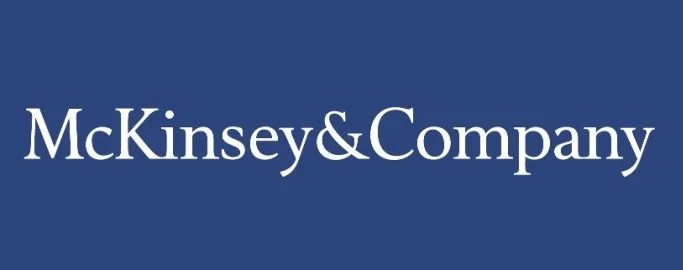Article Directory
Title: McKinsey's AI Gamble: From Billable Hours to "Show Me the Money"?
McKinsey & Company, the ubiquitous strategy consulting firm, is undergoing a significant shift in its business model. Forget the days of endless PowerPoint decks billed by the hour. The rise of AI is pushing McKinsey towards performance-based pricing, where fees are tied to client outcomes. But is this a genuine evolution, or just clever marketing spin? Let's dissect the numbers.
The core change, as reported, is that about a quarter of McKinsey's global fees now come from "outcomes-based pricing." This is up from, well, we don’t know. The article mentions a proportion of 20% "is probably more recent, the last few years," but offers no baseline. (This lack of historical data makes trend analysis difficult, to say the least.) It’s like trying to chart a stock’s performance without knowing its initial price.
The "Transformation" Narrative
McKinsey frames this shift as a response to clients demanding "deep implementation expertise" and "multi-year transformation projects" rather than just strategy advice. Strategy, apparently, is now less than 20% of their work. This is a notable decline (though, again, we lack the starting point for comparison). Are clients genuinely seeking deeper partnerships, or is McKinsey simply rebranding its services to align with the AI hype cycle?
The claim that they are no longer a "supplier" or "vendor," but a "genuine partner" is a sentiment echoed across the consulting industry. Raj Sharma at EY uses similar language about a "service-as-a-software" approach. But let's be blunt: consulting firms are always vendors. The question is how their compensation is structured. This shift towards outcome-based models could align incentives better, but the devil is in the details of those "scorecards."

What metrics are actually being used to measure "success?" The article mentions "investor targets, hitting revenue or profit goals within a set timeframe, operational measures, and customer satisfaction scores." These are all lagging indicators, influenced by countless factors beyond McKinsey's control. I've seen enough consulting engagements to know that attributing specific outcomes to a firm's intervention is often a messy, subjective process.
The AI Wildcard
AI is presented as the catalyst for this change. Kate Smaje, global leader of technology and AI at McKinsey, claims that "the type of work AI transformation demands suits it." But how exactly does AI necessitate outcome-based pricing? The article doesn’t fully explain the causal link. Is it that AI projects are inherently more measurable? Or is it that the perceived risk of AI investments makes clients more hesitant to pay upfront for uncertain results?
This is the part of the report that I find genuinely puzzling. If AI is truly reshaping the consulting landscape, shouldn't we see more concrete examples of how it’s impacting project delivery and pricing structures? Is McKinsey using AI to predict project outcomes and price accordingly? Are they using AI to monitor project performance and adjust fees in real-time? The article offers tantalizing hints, but lacks the hard data to back them up. As reported by Business Insider, AI is reshaping how McKinsey makes money and the consultancy is adapting to these changes.
It's also worth pondering whether this shift to outcome-based pricing is actually about AI, or simply a response to increased competition and pressure on consulting fees. The consulting industry, despite its air of exclusivity, is still subject to market forces. As more firms offer similar services, clients naturally demand more accountability and value for their money.
So, What's the Real Story?
McKinsey's pivot to outcome-based pricing is, at best, a work in progress. The lack of transparency around historical data and specific AI implementations makes it difficult to assess the true impact. Is it a genuine transformation driven by AI, or a clever rebranding exercise designed to maintain market share? The numbers, as presented, don't quite add up.
